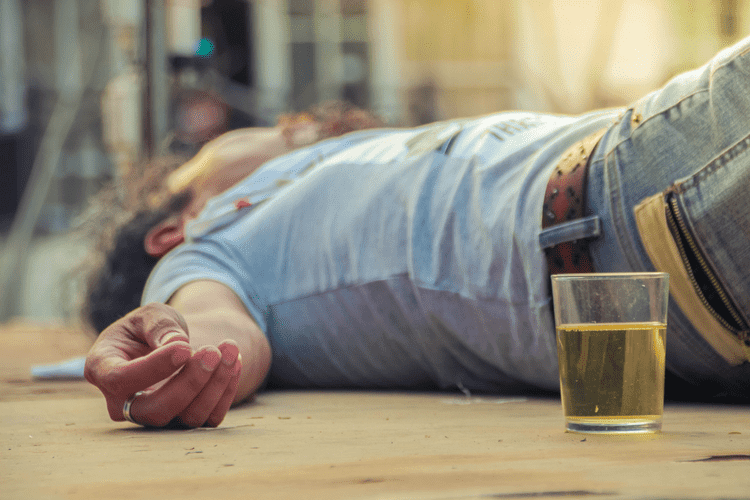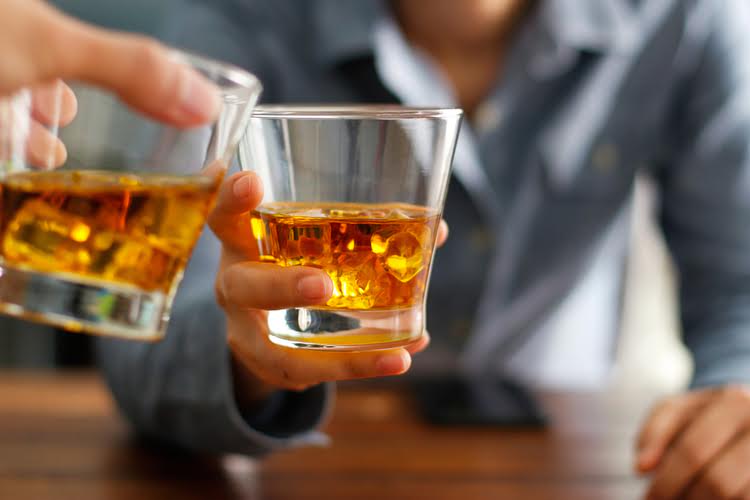As we abandoned responsibilities, our problems began to mount. Ashamed to admit failure, we began hiding our use from the same people who tried to help us, and then we pushed them away. We started doing things to support our habits that we never would have dreamed of doing before, sometimes taking risks with our health or crossing the law. We lost jobs, homes, and businesses, not to mention our self-respect. We beat ourselves up inside with guilt and shame because our best efforts just weren’t good enough, and we didn’t understand why. A cloud of doom and foreboding hung over us, as did depression and, for some of us, thoughts of suicide.
Natural disasters present paradigm examples of human powerlessness. Worldwide, alcoholics, addicts and treatment professionals embraced the Twelve Steps, and more than 35 million copies of AA’s Big Book have been distributed in over 70 languages. How does AA Step 1 help you continue with the remaining steps?
How Will AA First Step Help Me Recover From Addiction?
Acceptance includes taking responsibility for our actions and accepting that we cannot change what has happened in the past. It’s not easy to admit this, but if we don’t accept that we are powerless, then we won’t be able to move forward. Recovery is a journey that can seem intimidating if you’re just beginning, but in AA, you just have to take it one step at a time. Asking for help seems like such a simple concept, but admitting powerlessness is a humbling, courageous act.
- Denial is a classic symptom of addiction, especially in the form of justification.
- I’ll leave at a reasonable hour, rest up and have a better day tomorrow.
- Remember, the 1st step AA is not the end but the beginning of a brighter future.
- Members of Alcoholics Anonymous or Al-Anon Family Groups present some great insight into the healing principles of the 12 steps.
AA support groups are accessible and free, without any age or education requirements. Once I got sober and moved to the U.S., I was sure that if Learn What Spiritual Malady Is And The Role It Plays In Your Recovery I pushed hard enough, I could control every aspect of my life. I chased relationships with women who I thought Kevin 2.0 deserved to be with.
What Groups Use Powerlessness to Benefit Recovery?
The original version of the Twelve Steps and The Big Book makes numerous references to God, and this is largely because AA’s founders were Christians. The original references to God were quickly challenged in the early days of AA, and Bill W. Addressed those challenges by explaining that every member was welcome to interpret God to mean whatever higher power they chose to believe in while working the steps. Step One AA is fundamentally about honesty, while active addiction is characterized by lies you tell yourself and everyone around you. Until you reach the point where you choose to get real, stop lying and accept that you need help, any efforts you make to deal with your addiction simply won’t be genuine or effective.
When a person realizes they are powerless over alcohol, they have taken the first step to live a healthy, sober life. Many people with an addiction to alcohol feel guilt, low self-esteem, and shame. When a person admits that alcohol is affecting his or her life, they can start recovery. The first step is about powerlessness over behavior that makes the individual’s life unmanageable. You admit you have a problem and begin to seek out assistance. It isn’t easy, but admitting powerlessness allows you to break the cycle of addiction that you’ve been stuck in.
Footer Center Menu
This belief is what gives them hope and helps them stay sober. If you’ve struggled with alcohol addiction for years, you’ve likely made many excuses to work around your disorder. You have lived in denial, believing you can stop using alcohol at any time. For that reason, addressing your misguided thoughts is crucial. That’s why admitting that you are powerless over alcohol is critical. It forces you to be honest about your relationship with alcohol so you can stop making excuses and start working toward sobriety.

After all, while people with AUD are powerless over alcohol, their loved ones feel powerless as well. They can’t help you break your addiction, and they feel stuck in uncomfortable positions while they make excuses for your drinking. By admitting that you are currently powerless, you make room to restore power by seeking assistance. At that point, you may discover it’s easy to move on to Step 2 of AA—and all the ones that follow. When ordinary people think of the priorities of life, their thoughts naturally turn to family, home, career, and the like. Not so with the alcoholic or addict trapped in the cycle of addiction.
Narcotics Anonymous (NA)
Of course, as time goes on and our tolerance to substances builds (making our body more and more dependent on drugs or alcohol), and fun begins to lose meaning. Our body begins to need the substance, and the choice to use is gone. And the only reason we believe it is still fun is because we are managing our body’s need for drugs and alcohol. So once you https://trading-market.org/most-people-with-alcohol-and-drug-addiction/ get sober and involved in a program of recovery, you are the only one responsible for success. And the crucial ingredient is willingness.In an age where others are always to blame for problems, it can be difficult to recognize personal responsibility in a program of recovery. Yet that’s precisely what the fellowship of Alcoholics Anonymous suggests.

“We admitted we were powerless over alcohol—that our lives had become unmanageable. We came to believe that a power greater than ourselves could restore us to sanity.” A crucial part of completing AA Step one revolves around admitting powerlessness. However, being powerless doesn’t mean you’re weak. Step 1 of AA requires a great deal of strength and courage as you accept that alcohol has taken over your life. Step 1 of AA can be one of the most difficult on your journey to sobriety.